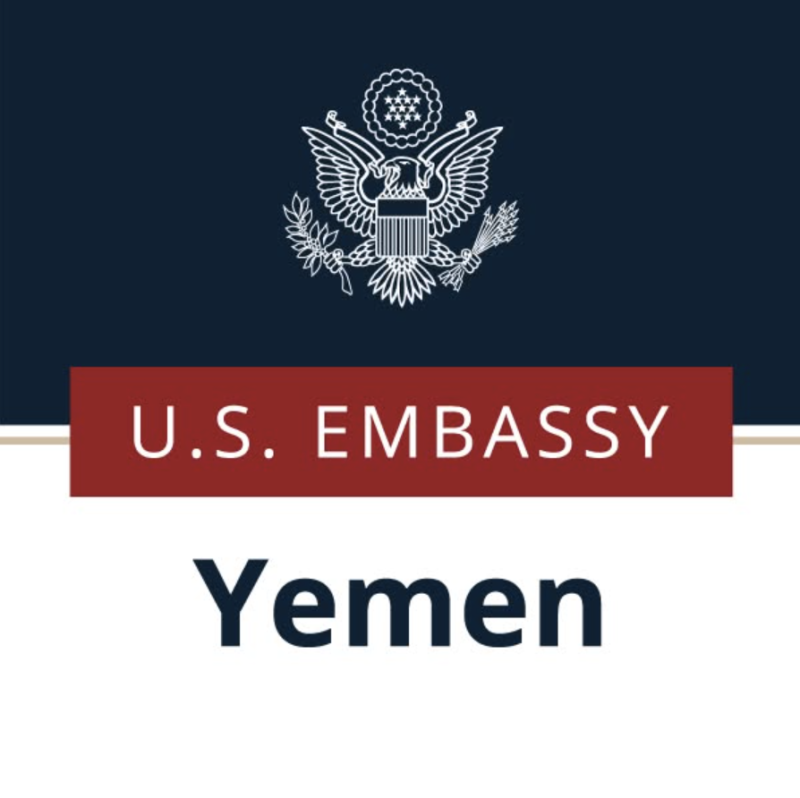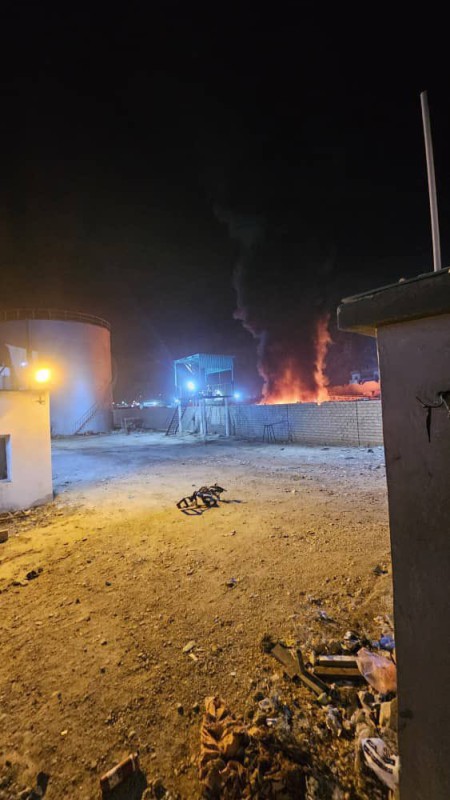Yemen official accuses Houthi rebels of killing judge on country's supreme court


Gunmen killed a judge on Yemen's Supreme Court in the capital Sanaa, officials said Thursday, and a senior official in the internationally recognised government accused militias allied to Houthi rebels in the slaying.
Judge Mohamed Homran was killed after the gunmen on Tuesday abducted him from his car near his home in Sanaa, the Houthi-run Interior Ministry said.
Ministry spokesman Brig. Gen Abdel Khaleq al-Ajry said that authorities had arrested the assailants and will prosecute them.
The Houthis have controlled Sanaa and much of northern Yemen since 2014, while the internationally backed government — driven out of the capital — holds much of the south along with its allies. The two sides have been fighting a destructive civil war.
The government's information minister, Moammar al-Eryany, called the killing of the 63-year-old Homran the latest episode in the Houthis' “systematic” transgressions against members of the judiciary. He pointed to earlier instances of a judge who faced threats and another who was forcibly disappeared.
In a statement carried on the government-run Saba news agency, al-Eryany called for international pressure on the Houthis to deter them from targeting judges.
A 2020 UN High Commissioner for Human Rights report recorded several transgressions against judges in both Houthi and government-controlled areas, including assassination attempts, raids of judicial compounds and other forms of intimidation. The same report recorded a clear interference in judicial appointments to serve different groups’ political interests.
“The assassination of Judge Homran is an attack on what is left of freedom and human dignity. We demand an international investigation,” wrote on a judge on the official Facebook page of the Yemeni Judges’ Club, which has spearheaded many strikes to protest Houthi assaults.
Yemen's civil war has created one of the world's worst humanitarian crises.
A Saudi-led coalition has backed the government since early 2015 with a devastating campaign of air strikes and support for militia fighters, though all sides have largely abided by a truce since April.
More than 150,000 people have been killed in the war, which over the years turned into a regional proxy war between Saudi Arabia and Iran, which supports the Houthis.
Separately, Amnesty International on Thursday urged the Houthis to end their male guardianship rules that forbid women from travelling without a male relative or proof of a male relative's consent.
“This restrictive rule constitutes a form of gender-based discrimination and entrenches the discrimination faced by women in Yemen on a daily basis,” said Diana Semaan, Acting Deputy Director of the Middle East and North Africa. "Yemeni women urgently need to be able to move around the country freely in order to work, to seek health care and to give or receive humanitarian aid.”

Washington – The United States has voiced concern over recent developments in southeastern Yemen, stressing the importance of avoiding any st…

Riyadh --  Yemen’s Presidential Leadership Council Chairman, Rashad al-Alimi, announced on Tuesday a nationwide state of emergency, effe…

 Mukalla – The Saudi-led Arab Coalition has requested the immediate evacuation of civilians from Mukalla Port in Hadramout province.&nbs…